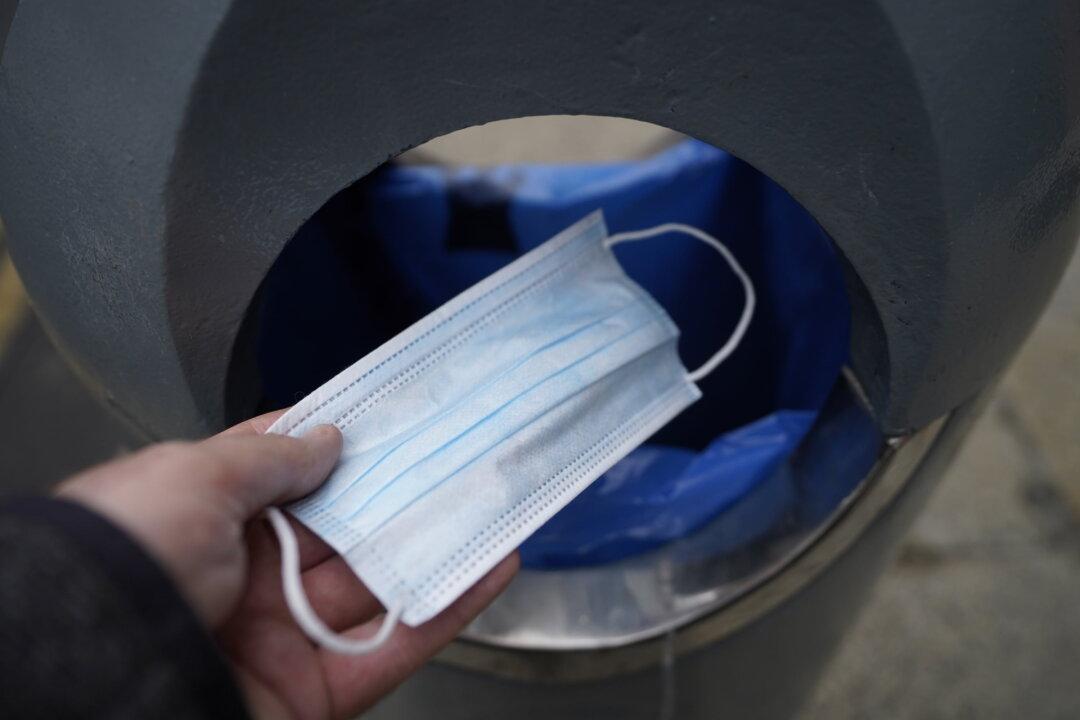The national requirement of universal mask-wearing in health care settings has been dropped in England under new official guidance.
Hospitals and GPs can now make their own policies, with some having already taken down signs that told patients to wear masks on entry and others calling on patients and staff to continue to wear masks and face coverings on their sites.





